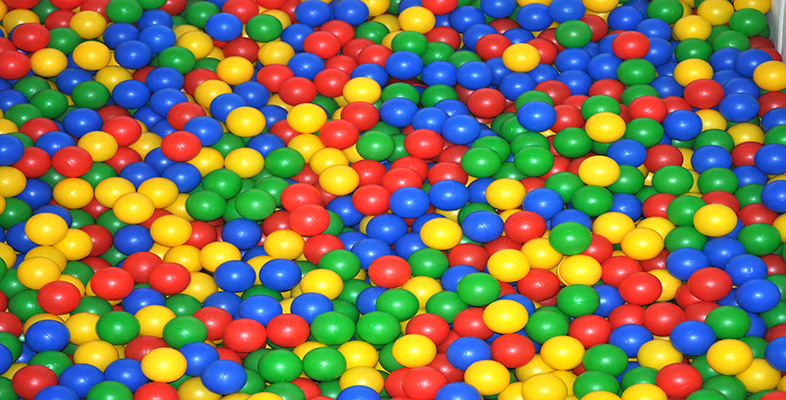3.3 Petrochemical intermediates and monomers
About 80 per cent of all petrochemicals end up in polymers, the most important building blocks being ethylene, propylene, butadiene and benzene. The first three can be polymerized directly but an important slice of their production is used to create more complex monomers. Ethylene is the progenitor of most vinyl monomers (Figure 35), so the pressure on ethylene supply is particularly strong compared for example to propylene. The C2 and C3 building blocks can be combined with benzene to form another set of monomers and intermediates, particularly valuable for constructing the complex repeat units noted in the last section. Other chemicals are also produced, such as plasticizers which are then added in a subsequent stage to polymers to modify their properties.
